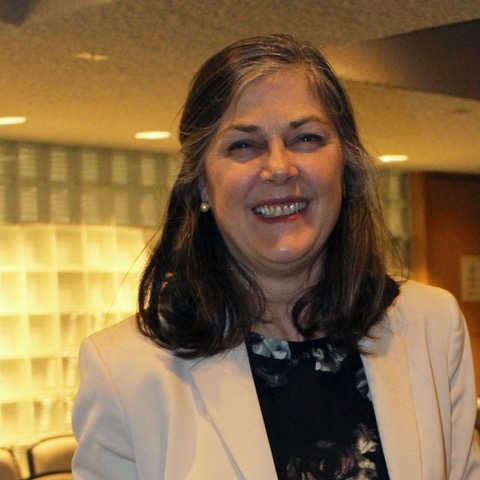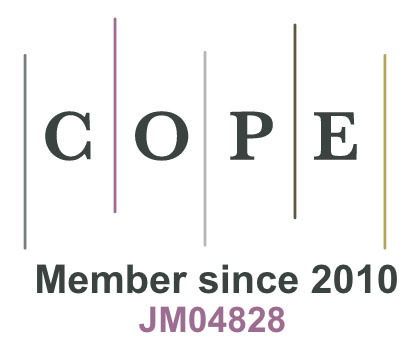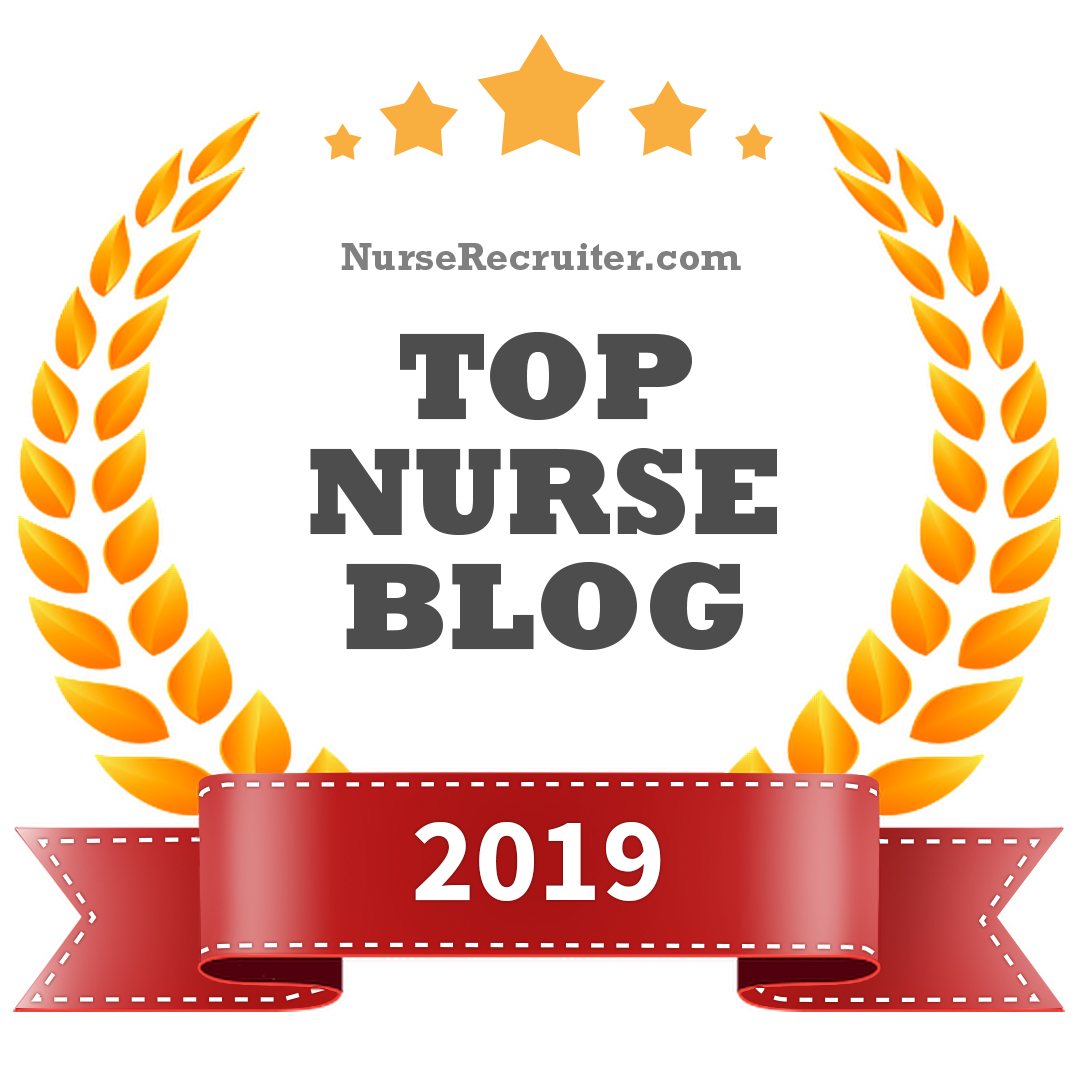From Clinical Praxis and Back: A Research Journey on the Nurse-Patient Relations
The current ANS featured article is in the “Visions” section of ANS, titled “Development and Psychometric Evaluation of the Patient’s Perception of Nurse-Patient Relationship as Healing
Transformations Scale (RELATE Scale)” by Katherine C. Rosa, PhD, FNP-BC. The article is available to download at no cost while it is featured, and we welcome your discussion of this article in the comments below. This is a message Dr. Rosa provided about her work:
My interest in the inner workings of the nurse-patient relationship has been fueled by my experiences using Margaret Newman’s research as praxis approach1. When I asked patients to tell me about the most important people and events in their life or in their present circumstances, I was often met first with a pause as folks gathered their thoughts. Then the stories would start. Stories about their challenges living with a chronic condition – of pain, daily disruptions to usual life from symptoms, treatments, or health care appointments. Sometimes the stories they told began many years ago, but they were told as if it were yesterday. Stories of their divorce, a significant accident or diagnosis, or a traumatic childhood event or relationship. They also shared meaningful experiences like becoming a parent, working in a job they love, dancing, or cooking for friends. Coming to know the person in this way, expanded my awareness of their responses to their life challenges and joys that my usual family nurse practitioner health assessment did not. My practice experience became richer.
Simultaneously, Newman’s research praxis approach gave patients opportunities to come to know their patterns of responses to their current circumstances. Coming to know the whole person in this way led to my discovery that the nurse-patient relationship facilitates healing and personal transformation2. Patients moved through a process of increasing awareness, deepening awareness, appreciating meaning, and personal transformation3. Notably, when patients appreciated the meaning of their circumstances within the whole of their lives, they began to transform and heal in a new way. They made new choices, changed behaviors, and improved healing. The nurse-patient relationship was central to this process. These shared experiences created an environment of caring and trust that promoted access to personalized knowledge on recovery and healing.
For example, a grandmother with a chronic leg wound was caring for her grandson with special needs. For most of her life, she focused on caring for others. Her life spiraled out of control with the onset of her skin wounds. She felt powerless and threatened. She told me, “I was good at advocating for other people and not myself.” Once she became aware that smoking contributed to her leg condition, she quit a 40-year smoking habit cold turkey and remained committed to smoking cessation. She formed a bond with her wound care specialist nurse and learned how to take care of her legs. She expressed living with leg wounds as being in “jail.”.
Participants’ comments about being known in this way contributed to deeper understanding of caring in the human health experience. Many shared what was meaningful about their wound care nurse. They said, “they were in good hands,” that their nurse “was very particular, very fussy” and “was a good friend and confidant,” and that getting asked “did you do a lot?” triggered them to think about their activity and connect it to how well their wound was healing.
My discovery that the nurse-patient relationship was central to patients’ wholistic healing and personal transformations, sparked my interest to illuminate some of the mystery of relationship-based care from the perspective of Newman’s theory of health as expanding consciousness. I conducted an integrative review of 20 years of Newman’s science to answer the question on how nurses use relationship dynamics4. The reports focused on adults living with a chronic life disruption such as a chronic disease or living with medically fragile children. Data were organized by the relationship dynamics of caring, consciousness, health, meaning, mutual process, presence, and patterning5. My review revealed that when the nurse-patient relationship includes a focus on the meaningful people and events in the patient’s life, then the nursing care is patient-centered, comprehensive, compassionate and safe. In a second phase of this work, the empirical knowledge on the experiences of patients working with their nurses was translated into questions for use in a measurement scale.
This measurement scale, the RELATE Scale, will contribute to enhancing our understanding of what works when patients and nurses come to know what is personally meaningful in their human health experiences. My praxis research journey — from explicating knowledge of being within the relationship, to analyzing relationship dimensions, to developing and psychometrically testing a measurement scale for patients’ perspectives of their nurse-patient relationship — has taken a full turn around the spiral of nursing’s evolving knowledge development on relationship-centered care. Knowledge development on a person’s patterns of responses when living with a chronic illness began in the environment of direct patient care, and it returns as a scale to measure patients’ perceptions of their nurse-patient relationship as healing transformations.
I’m grateful to Drs. Margaret Newman and Dorothy Jones whose clarity of thought and compassion supported me throughout this scholarly journey. I am deeply indebted to them and all the Newman scholars who preceded me. May the RELATE scale benefit patients and nurses as they work together to foster healing transformations.
Resources
1. Newman MA. Health as expanding consciousness. 2nd ed. New York: National League for Nursing Press; 1999.
2. Rosa K. A process model of personal healing and transformation in persons with chronic skin wounds. Nursing Science Quarterly. 2006;19(4):349-358.
3. Rosa K. Process model of wholistic healing and personal transformation. Nursology. https://nursology.net/nurse-theories/process-model-of-wholistic-healing-and-personal-transformation/. Published 2019. Accessed June 27, 2023.
4. Rosa K. Integrative review on the use of Newman praxis relationship in chronic illness. Nursing Science Quarterly. 2016;29(3):211-218.
5. Newman MA, Smith MC, Pharris MD, Jones D. The focus of the discipline revisited. Advances in Nursing Science. 2008;31(1):E16-E27.





